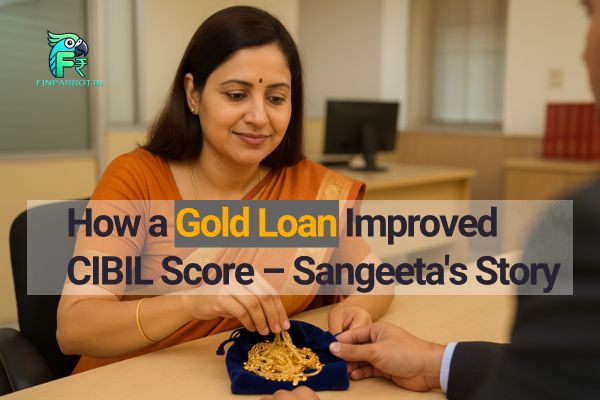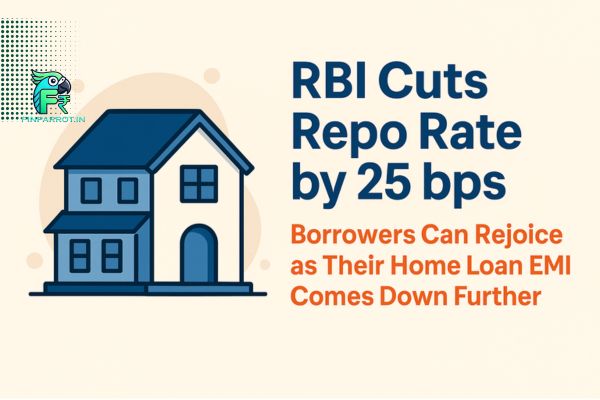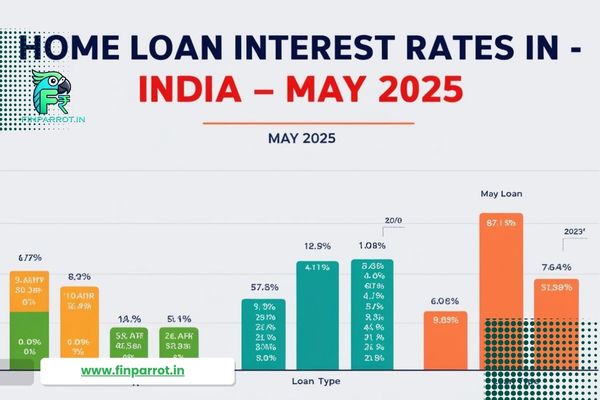Introduction
The CIBIL score determines whether you can get loans, how much credit you will receive, and other loan-related matters. Despite its importance, myths persist. The article addresses numerous misconceptions about CIBIL scores while describing their main determinants and provides essential methods for building good credit by teaching users what their CIBIL score means. So, take a look at the 7 CIBIL Score myths you should stop believing!
However, if you don’t know what the CIBIL Score is, don’t worry, read this!
Decoding Your Credit Score: Uncover the mystery behind India’s 4 credit bureaus and boost your credit score today!
7 CIBIL Score Myths
Myth #1: Frequently checking your CIBIL score decreases it.
The fact is: monitoring your CIBIL score through frequent checks never doesn’t lower it.
According to most people who monitor their scores, regular checking of credit scores does not produce an actual decline in value. There are two separate categories of credit inquiries.
- Soft credit inquiries happen from self-recorded score checks or pre-approval procedures. Checking a CIBIL score through soft inquiries will not affect your credit score rating.
- Hard inquiries become a factor when applying for new credit, including mortgage loans, personal or auto loans, and credit cards. Lenders write down these inquiries, which minorly affect your credit score. You should watch the number of hard inquiries rather than worry about the process because multiple inquiries within a brief period can be a concern.
By conducting regular checks, you will get immediate alerts about problems or fraudulent cases early. So, don’t believe such CIBIL myths!
Myth #2: A High Income Guarantees a High CIBIL Score.
This is one of the most common credit score misconceptions. In reality, the CIBIL score does not depend on your income level. People often believe that higher income guarantees improved credit scores, although this belief is mistaken. The CIBIL score relies exclusively on how you handle your credit through historical payments, credit utilization rates, and the variety of credit types you maintain. People who earn substantial sums each month may still receive low CIBIL scores because they miss debts or make mistakes with their debt management.
Myth #3: Shutting down credit cards from your account increases your score.
Shutting down your old credit accounts tends to decrease your CIBIL score value.
Most people think closing unactivated credit accounts will raise their credit score because stopping overcharging becomes easier. Old credit accounts serve two essential functions when building credit history: they extend their duration and encompass more available borrowing capacity until they lower your credit utilization ratio. When you close these accounts:
- You reduce the average age of your credit history.
- Your overall available credit decreases, potentially increasing your credit utilization ratio.
It is usually best to keep unused credit cards open and gradually make small transactions to protect your established credit history.
Myth #4: A Zero Credit Card Balance Is the Best for Your Score:
The reality to this myth is: using your credit accounts produces better results than keeping your balance at zero. Lenders tend to interpret complete credit inactivity as poor credit management even when a zero balance appears desirable. Responsible credit usage is essential for better credit management. Low credit utilization remains the best way to maintain your score, as keeping it under 30% works best, and taking it below 10% represents the optimal approach.
Effective credit usage requires having diverse types of credit accounts. The best credit portfolio includes secured loans (such as auto and home loans) together with unsecured loans (including personal and credit card loans). A wide range of credit accounts demonstrates to lenders that you handle your credit responsibly. Lenders appreciate customers with mortgages combined with an auto loan and a medium number of responsible credit cards.
Instant Personal Loan via DSA: Find out why DSA might be your game-changer for that instant personal loan!
Myth #5: Late Payments Have No Long-Term Effect:
The belief that missing payment dates leads to no lasting influence on creditworthiness is false. This is one of the famous CIBIL myths that you should debunk. Your credit score remains greatly affected by late payment issues throughout multiple years. A single late payment will appear on your credit report for at least 7 years, notifying lenders about your perceived financial instability. Your credit score decreases dramatically after such marks appear, and your future loan terms also suffer adverse effects.
To avoid this, consider:
- Setting up automatic payments.
- Using payment reminders.
- Regular payment of the minimum amount due before its deadline.
Regular payment consistency is the most reliable strategy for establishing and preserving excellent credit records.
Myth #6: You Can Instantly Improve Your Credit Score:
An immediate upgrade of your credit score remains impossible to achieve. The process of CIBIL score improvement demands dedicated financial discipline and patient waiting time. A fast solution does not exist to improve a poor credit score. Simple solutions very often prove deceptive because they create new monetary problems. You should concentrate on implementing lasting approaches that include:
- Making all payments on time.
- Reducing your outstanding debts.
- Avoiding multiple loan applications within short intervals.
Delivering an excellent credit score requires people to have sustained financial accountability, which leads to long-term success.
Myth #7: A Poor CIBIL Score Means You Can’t Get a Loan:
A poor credit score allows you to obtain a loan, yet your loan expenses will probably increase accordingly. A bad credit score increases borrowing difficulties, but financial institutions provide funding options to applicants with poor scores. These financial arrangements need either additional security from the borrower or co-signing support to give them away. Loan acceptance requires one of these three actions from you in such cases.
- You should ask someone with solid credit to join your loan application.
- Opt for secured loans, using assets such as property or fixed deposits as collateral.
It’s important to shop around and consider various lenders to find the best terms available for your situation.
Loan Without a Salary Slip: Discover expert secrets to secure a loan without the usual salary slip hassle!
FAQ’s
Can misinterpreting credit information really hurt my CIBIL score?
Yes, acting on misleading advice can result in missed payments or inefficient credit management, both of which directly impact your CIBIL score.
What proven steps can I take to debunk these CIBIL score myths and improve my credit?
Focus on timely bill payments, maintain a low credit utilization ratio, and regularly review your credit report to correct errors and build a stronger score.
Conclusion
The misunderstanding of CIBIL scores results in poor financial judgments which then damage your overall credit standing. When you understand and refute these widespread misconceptions, you will develop a more accurate understanding of things that truly affect the quality of your credit history. So, it’s time that you note these 7 CIBIL score myths you should stop believing and embrace reality!
Understand credit discipline better with RBI’s official guide! Read here.















